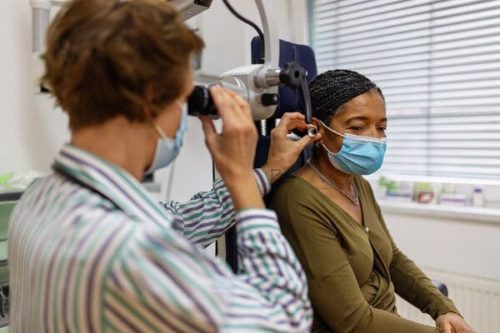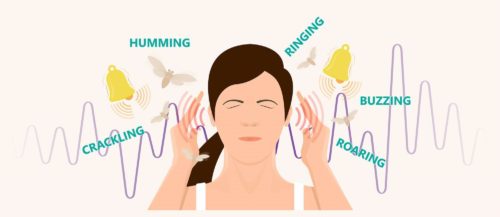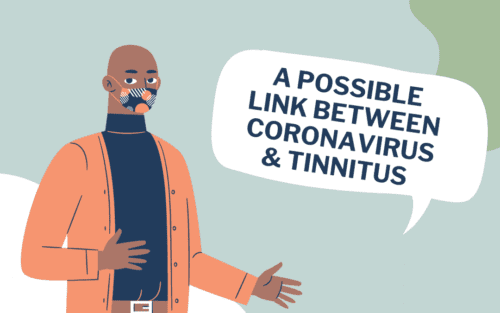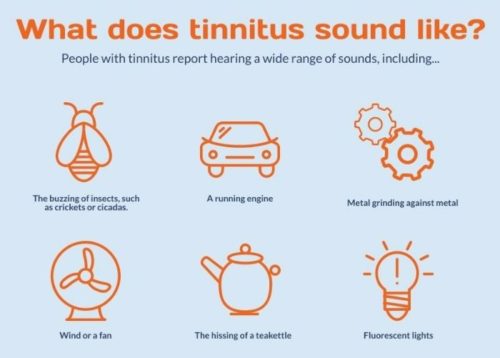How does tinnitus affect mental health?
When Marlene Suarez contracted Covid-19 during the second week of January, her symptoms of fever, cough and difficulty breathing weren’t so severe that she needed to be hospitalized, but they were bad enough to warrant treatment with monoclonal antibodies to reduce her risk of serious complications. About a week after her diagnosis, while watching TV, she noticed a ringing in her left ear, and that she couldn’t hear anything in her right.
“I went to the emergency room, where the E.N.T. on call said it was probably from Covid-19,” said Ms. Suarez, 62, an attorney in Collinsville, Ill. The ringing continued for weeks. “I was so depressed and scared I’d never get better,” Ms. Suarez said. “I speak and talk for a living — how was I going to be able to have a conversation with a client or present in court if it constantly sounded like bells were exploding on my left side?”
Ms. Suarez was given oral corticosteroids for several weeks, and now, more than two months later, her tinnitus and hearing loss have mostly resolved. But for many with more chronic ringing in the ears, the result can be devastating.
Tinnitus has been linked to several mental health conditions, including anxiety and depression, and mostly in women. “It can be particularly challenging for many people initially because it’s something they have absolutely no control over,” said Richard Tyler, an audiologist at the University of Iowa Carver College of Medicine. “No one can tell them if it will get worse, or if it will eventually go away. Suddenly, they have trouble sleeping, they can’t carry on a conversation, and they can’t concentrate. It can seem an overwhelming challenge.”
The condition has also been linked to an increased risk of suicide. In a research letter published in JAMA Otolaryngology–Head & Neck Surgery in 2019, researchers found that among more than 16,000 adults in Sweden who had ever experienced tinnitus, women — and in particular, those with severe tinnitus — had a small increased risk of suicide. However, those who had been diagnosed, and possibly treated for, the condition were not at increased risk.
“For most people with tinnitus, the worst time is the first six to nine months after it begins,” Dr. Tyler said. “After that, most people adjust and learn to live with it, especially if they’re given the right treatments.” |









